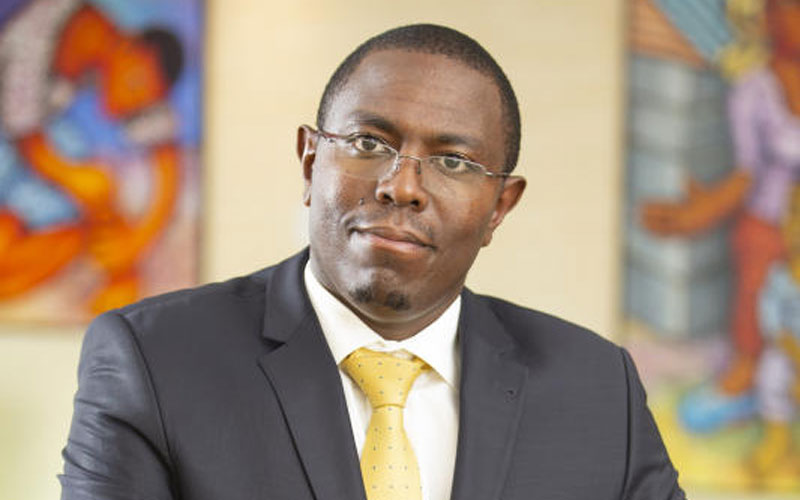×
The Standard e-Paper
Join Thousands Daily

Paul Njoki, Head of Wealth Management, Standard Chartered [File]
For almost 20 years, Paul Njoki, the Head of Wealth Management at Standard Chartered, has advised and monitored the world’s rich.







